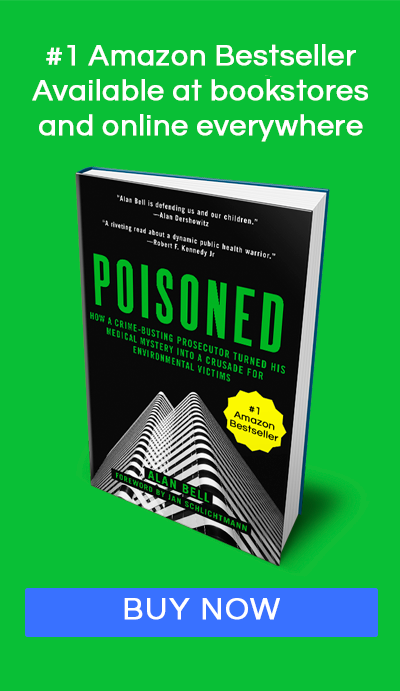If you’ve taken a look on any social media platform over the last week, you’ve likely seen plenty of political conversations. People are hopeless and angry across political lines. Everyone has a reaction.
It was part of Trump’s campaign platform to loosen government regulations. We should expect him to try to deliver on his promise with his party who is a majority in Congress and Senate. He is following through with what he promised on the trail, and less government/less regulations will adversely impact public health.
Less government means less money spent to find treatments and cures. Pollution levels won’t be monitored as much and, with the additional promise of increased factories, we will see more and more pollution excreted into our environment. This also means fewer regulations in monitoring potentially toxic chemicals and products before they are introduced into our marketplace.
This change in administration makes us less able to depend upon our government to protect us. So, we need to protect ourselves and our families. Now, more than ever, it is time to take control of our personal environment.
You can arm yourself with knowledge about what is harmful to you in your home, school, workplace or neighborhood. By modifying your lifestyle, you can avoid toxins that can harm you and your family. Knowledge is power. With this knowledge, you can take back power over your health. These simple lifestyle modifications can help prevent you from becoming another statistic.
Here are 5 Common Toxic Chemicals to Avoid:
- Acrylamide: Used in gel and binding agents, and found in food packaging, cosmetics, and disposable diapers. You will also find it at a summer barbecue or fast food restaurants because it is created by frying or baking starchy foods like potatoes and grains. Acrylamide can also be ingested from tobacco smoke or drinking water, and by touching products that contain the chemical. High doses of acrylamide exposure can lead to skin, eye, and upper respiratory infections.
- Atrazine: More than 70 million pounds of this agricultural pesticide are sprayed on our croplands each year, most of it to protect corn. Agricultural workers inhale and absorb this pesticide, and it has also been found in ground and drinking water. High doses of atrazine found in animals have been linked to the delayed onset of puberty, impaired fertility, and reduced levels of the hormones prolactin and testosterone. The EPA is currently reviewing whether or not the chemical is carcinogenic in humans.
- Benzene: This volatile chemical is a product of coal and petroleum production. It’s also added to unleaded gasoline and industrial solvents, and it’s a by-product of tobacco smoke. The compound offgasses from building materials and also occurs naturally. Humans typically inhale benzene in ambient air. The body absorbs it readily and send particles to the brain, fatty tissue, and, in pregnant women, across the placenta. Exposure to high concentrations of benzene vapor can depress the central nervous system and lead to death.
- Bisphenol A: Also known as BPA, this chemical is commonly used in plastics such as eyeglass lenses, auto parts, CDs, food containers, plastic dinnerware, and toys. Exposure to BPA is thought primarily to happen when we eat foods that have come into contact with the chemical. It is highly toxic to some animals, interfering with brain and reproductive organ development. Studies in humans are murky, but have found a variety of possible health effects, including a possible association between BPA and heart disease.
- Long-chain perfluorinated chemicals (PFCs): Fire-resistant PFCs are used in electronics, automotive parts, textiles, and in the construction and aerospace industries, not to mention nonstick cookware. It is unclear how the toxic chemicals get into the human body, but one likely possibility is through diet. While scientists don’t know with certainty if PFCs are harmful to human health, studies have found that high doses cause liver damage in rodents and monkeys.
In this politically charged climate, now more than ever, we must understand that we can’t rely upon our doctors, our government, or corporate America to protect us and our families. You have the power to bypass loose governmental regulation, medical shortcomings, and the toxic products the industry is producing.
Let’s stand together to take back our own personal environment and take back our health.


